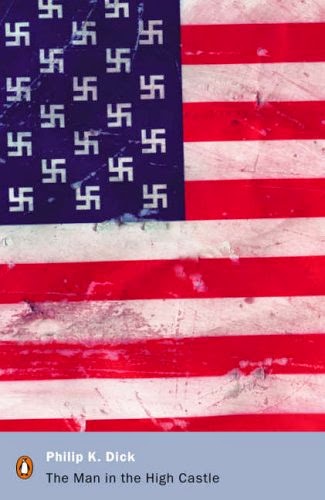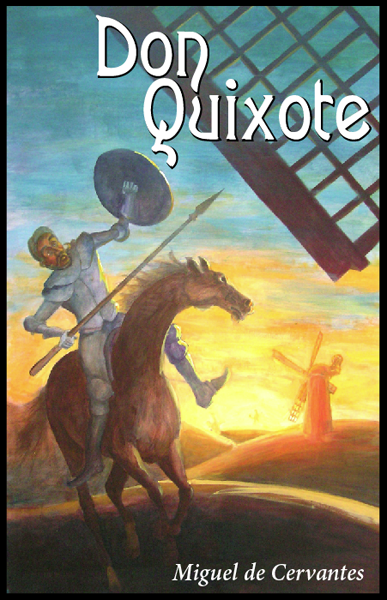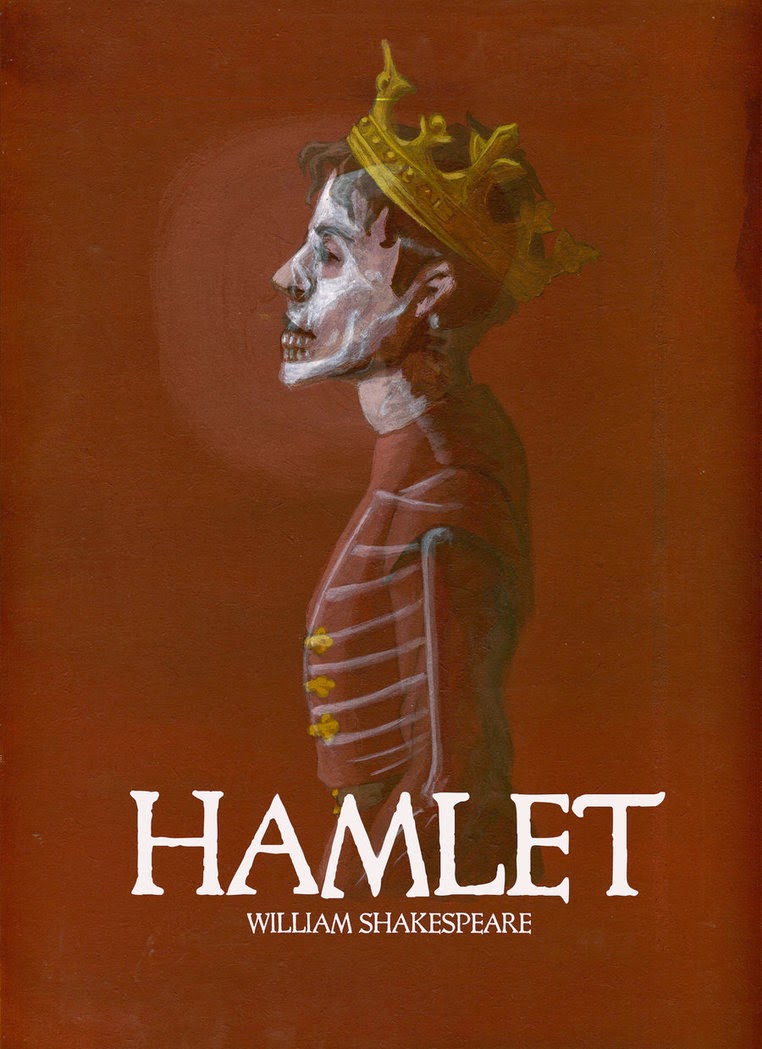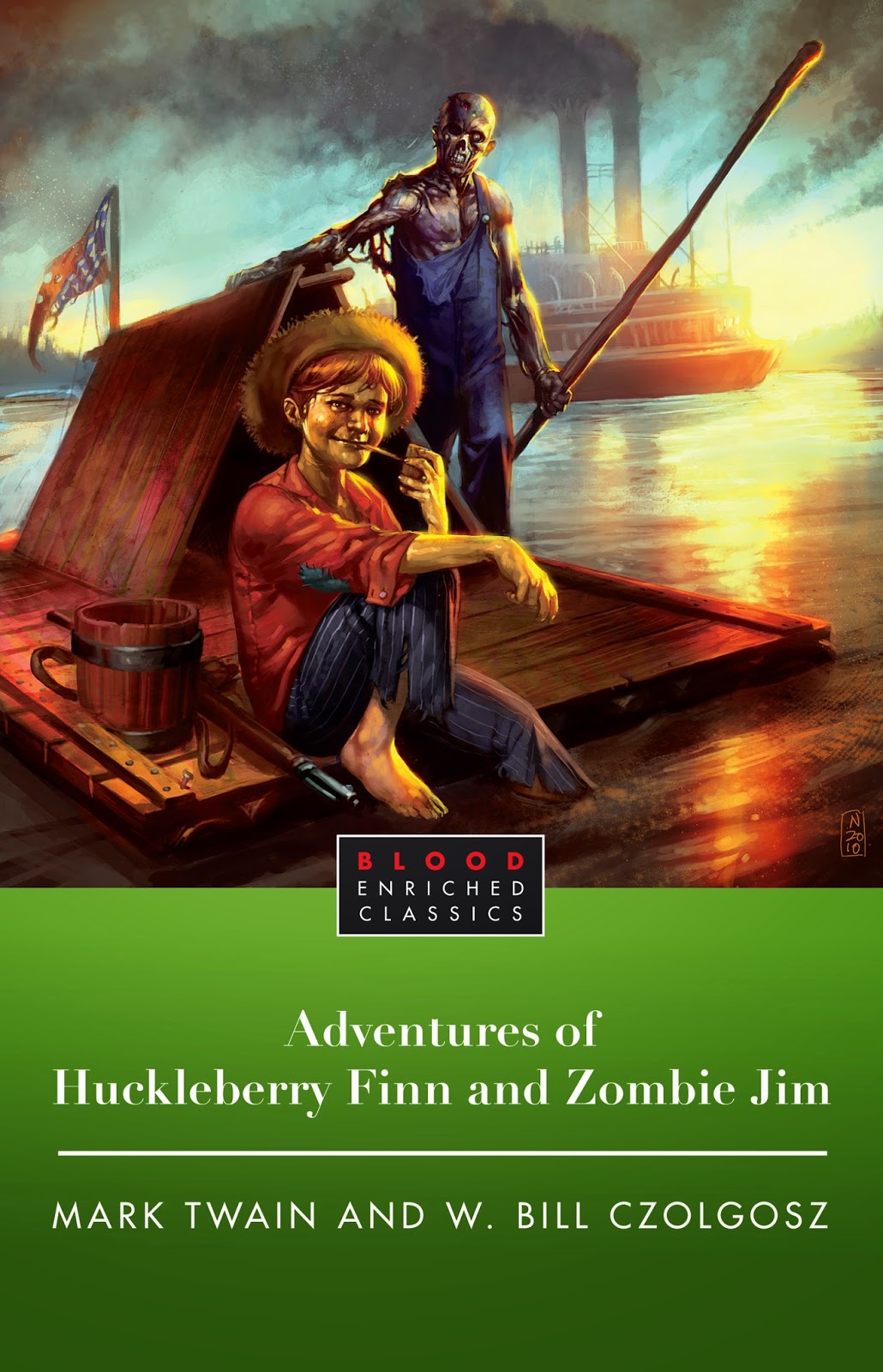Books - Education by the Books
With the global audience looking at our politics, Steve Taylor-Bryant, tries to fix English Literature in schools...
Education is a huge bug bear of mine. Whilst I was never an academic and suffered from dyslexia I still produced some exam results to be proud of. This was no mean feat and is the product of the unwavering support of two ladies. My mother, herself a teacher of children with special educational needs, and my English teacher, Miss Pierce, without whom I probably wouldn't be writing at all. My mother was quick to understand my educational issues and showed the support and confidence that I wish I could bottle and sell to every teacher, whilst Miss Pierce threw away the teaching notes that was supposed to be used for all pupils and redesigned my learning.
"If the boy doesn't grasp the English language what's the point in forcing him through Shakespeare?"
was the message I got from Miss Pierce and she searched a very restrictive curriculum for a title I could read and learn something from. Whilst my friends studied Hamlet, I had S.E. Hinton's The Outsiders which was accompanied by a film to assist with my grasp of the message. I will never forget these two women and the sacrifices they made for my betterment and look back on all the education curriculums since I left school with horror. Nothing changes and some children are left aside as those with natural abilities keep a schools statistics looking good whilst the future versions of me are left floundering.
So I write this from a semi political point of view. Someone has to get a basic grip of English and Literature in schools and by never changing the titles taught we are never going to get anywhere. Even the children that find the subject easy leave school to hardly ever read again. Now, this isn't a manifesto. I am not a smart enough cookie to say I know how to fix education for all comers, but as an ex school pupil and a father of children with varying degrees of ability, I am confident enough to state that books must be fun to read. They must have a message whether it's a solid morale tale or a story of what could be. They must span the history of popular culture so yes from Shakespeare times but also we shouldn't be afraid to include more modern titles. They should have some historical element maybe, or perhaps be so unbelievable that discussion and debate arises in the classroom naturally. They should be easily accessible to all levels of financial pocket. The titles should be available from a library not just the Amazon site because believe it or not some families are actually so poor their children don't have electronic gadgets and this 'class' of student is the most important because they are the easiest to discard by a Minister sat in his Ivory tower.
So, we will all have our own ideas on what titles and authors to include and our very good reasons why and I want to know everyone's because that's the point in a democracy isn't it? To kick off the debate here is my 10 for inclusion, my reasons, and a few near misses that maybe wouldn't make it due the delicacy of subject matter.
Let me know yours.
The Man in the High Castle - Philip K Dick
Philip K. Dick's acclaimed cult novel gives us a horrifying glimpse of an alternative world - one where the Allies have lost the Second World War. In this nightmare dystopia the Nazis have taken over New York, the Japanese control California and the African continent is virtually wiped out. In a neutral buffer zone in America that divides the world's new rival superpowers, lives the author of an underground bestseller. His book offers a new vision of reality - an alternative theory of world history in which the Axis powers were defeated - giving hope to the disenchanted. Does 'reality' lie with him, or is his world just one among many others?
One of my favourite times during history lessons was the 'what if?' debates at the end of a period of learning. The best one, and the one that even woke up the kid at the back of class, was the 'what if we'd lost the war?' conversation. Well Philip K Dick wrote possibly the best account and it's now going to be on television so kids will finally think it's cool.
Nineteen Eighty Four - George Orwell
Hidden away in the Record Department of the sprawling Ministry of Truth, Winston Smith skilfully rewrites the past to suit the needs of the Party. Yet he inwardly rebels against the totalitarian world he lives in, which demands absolute obedience and controls him through the all-seeing telescreens and the watchful eye of Big Brother, symbolic head of the Party. In his longing for truth and liberty, Smith begins a secret love affair with a fellow-worker Julia, but soon discovers the true price of freedom is betrayal.
The term 'Orwellian' is now used in everyday society and a fundamental part of the English language so why not take the children back to the original source material? This is the book that spawned the terms Room 101, Big Brother, and Newspeak.
Lock In - John Scalzi
Spurred by grief and the sheer magnitude of suffering, America undertakes a massive scientific initiative. Nothing can fully restore the locked in. But then two new technologies emerge. One is a virtual-reality environment, 'The Agora', where the locked-in can interact with other humans, whether locked-in or not. The other is the discovery that a few rare individuals have brains that are receptive to being controlled by others, allowing those who are locked in to occasionally 'ride' these people and use their bodies as if they were their own.
Another science fiction author but whilst this futuristic murder mystery was a fantastic read, its core message was about society and their prejudice of disabled people. An important message that could save a generation whilst entertaining them has to be considered.
The Outsiders - S E Hinton
The Socs' idea of having a good time is beating up Greasers like Ponyboy. Ponyboy knows what to expect and knows he can count on his brothers and friends - until the night someone takes things too far.
Gangs in the fifties, how violence and grouping can be bad for the world we live in, plus it's the book that got me a qualification so that makes it doubly important.
Gangs in the fifties, how violence and grouping can be bad for the world we live in, plus it's the book that got me a qualification so that makes it doubly important.
Through The Looking Glass - Lewis Carroll
In Carroll's sequel to Alice's Adventures in Wonderland, Alice once again finds herself in a bizarre and nonsensical place when she passes through a mirror and enters a looking-glass world where nothing is quite as it seems. From her guest appearance as a pawn in a chess match to her meeting with Humpty Dumpty, Through the Looking Glass follows Alice on her curious adventure and shows Carroll's great skill at creating an imaginary world full of the fantastical and extraordinary.
Classic stories that often get overlooked in the modern age. A lot of the work inspired more modern interpretations and even The Matrix films so it could inspire a new generation of creatives.
Moby Dick - Herman Melville
Moby Dick - Herman Melville
Moby Dick is the story of Captain Ahab's quest to avenge the whale that 'reaped' his leg. The quest is an obsession and the novel is a diabolical study of how a man becomes a fanatic. But it is also a hymn to democracy. Bent as the crew is on Ahab's appalling crusade, it is equally the image of a co-operative community at work: all hands dependent on all hands, each individual responsible for the security of each. Among the crew is Ishmael, the novel's narrator, ordinary sailor, and extraordinary reader. Digressive, allusive, vulgar, transcendent, the story Ishmael tells is above all an education: in the practise of whaling, in the art of writing.
The perils of fanaticism? Has there ever been a more important time to learn about the subject?
Don Quixote - Miguel De Cervantes Saavedra
Don Quixote - Miguel De Cervantes Saavedra
Cervantes' tale of the deranged gentleman who turns knight-errant, tilts at windmills and battles with sheep in the service of the lady of his dreams, Dulcinea del Toboso, has fascinated generations of readers, and inspired other creative artists such as Flaubert, Picasso and Richard Strauss. The tall, thin knight and his short, fat squire, Sancho Panza, have found their way into films, cartoons and even computer games. Supposedly intended as a parody of the most popular escapist fiction of the day, the 'books of chivalry', this precursor of the modern novel broadened and deepened into a sophisticated, comic account of the contradictions of human nature. Cervantes' greatest work can be enjoyed on many levels, all suffused with a subtle irony that reaches out to encompass the reader.
It's just a really good read so probably doesn't qualify, but it should.
Forty Acres - Dwayne Alexander Smith
Martin Grey, a smart, talented. young lawyer working out of a storefront in Queens, is taken under the wing of a secretive group made up of America's most powerful, wealthy, and esteemed black men. He's dazzled by what they have accomplished, and they seem to think he has the potential to be one of them They invite him for a weekend away from it all - no wives, no cell phones, no talk of business. But what he discovers, far from home, is a disturbing alternative reality which challenges his deepest convictions.
A novel of rage and compassion, trust and betrayal, Forty Acres is the story of one man's desperate attempt to escape the clutches of a terrifying new moral order. A modern condemnation of Slavery and Revenge.
Hamlet -William Shakespeare
Hamlet is not only one of Shakespeare's greatest plays, but also the most fascinatingly problematical tragedy in world literature. First performed around 1600, this a gripping and exuberant drama of revenge, rich in contrasts and conflicts. Its violence alternates with introspection, its melancholy with humour, and its subtlety with spectacle. The Prince, Hamlet himself, is depicted as a complex, divided, introspective character. His reflections on death, morality and the very status of human beings make him 'the first modern man'.
It's the only Shakespeare play I've ever finished. It has darkness, light, comedy, drama and so much more.
The Adventures of Huckleberry Finn - Mark Twain
Huck Finn escapes from his alcoholic father by faking his own death and so begins his journey through the Deep South, seeking independence and freedom. On his travels, Huck meets an escaped slave, Jim, who is a wanted man, and together they journey down the Mississippi River. Raising the timeless and universal l issues of prejudice, bravery and hope, the Adventures of Huckleberry Finn was and still is considered the great American novel.
Another title that concentrates on the perils of prejudice, but it is such an important and emotive subject.
The also rans...
The Divine Comedy by Dante Alighieri
Described variously as the greatest poem of the European Middle Ages and, because of the author's evangelical purpose, the `fifth Gospel', the Divine Comedy is central to the culture of the west. The poem is a spiritual autobiography in the form of a journey - the poet travels from the dark circles of the Inferno, up the mountain of Purgatory, where Virgil, his guide leaves him to encounter Beatrice in the Earthly Paradise. Dante conceived the poem as the new epic of Christendom, and he creates a world in which reason and faith have transformed moral and social chaos into order.
The Great Gatsby by F. Scott Fitzgerald
The Great Gatsby is a consummate summary of the "roaring twenties", and a devastating expose of the "Jazz Age". Through the narration of Nick Carraway, the reader is taken into the superficially glittering world of the mansions which lined the Long Island shore in the 1920s, to encounter Nick's cousin Daisy, her brash but wealthy husband Tom Buchanan, Jay Gatsby and the mystery that surrounds him.
Harry Potter
No other book that I know of has the power of J.K. Rowling's boy wizard. The first book has my book loving son passionately debating my father, proving that even the most surprising of titles can span the generations.
Crime and Punishment by Fyodor Dostoyevsky
This is a tragic novel built out of a series of supremely dramatic scenes that illuminate the eternal conflicts at the heart of human existence: most especially our desire for self-expression and self-fulfilment, as against the constraints of morality and human laws; and our agonised awareness of the world's harsh injustices and of our own mortality, as against the mysteries of divine justice and immortality.
The Catcher in the Rye by J.D. Salinger
The Catcher in the Rye by J.D. Salinger
Holden Caulfield is a seventeen- year-old dropout who has just been kicked out of his fourth school. Navigating his way through the challenges of growing up, Holden dissects the 'phony' aspects of society, and the 'phonies' themselves: the headmaster whose affability depends on the wealth of the parents, his roommate who scores with girls using sickly-sweet affection.Written with the clarity of a boy leaving childhood behind, The Catcher in the Rye explores the world with disarming frankness and a warm, affecting charisma which has made this novel a universally loved classic of twentieth-century literature.
Images and synopsis - Amazon.
















Post a Comment